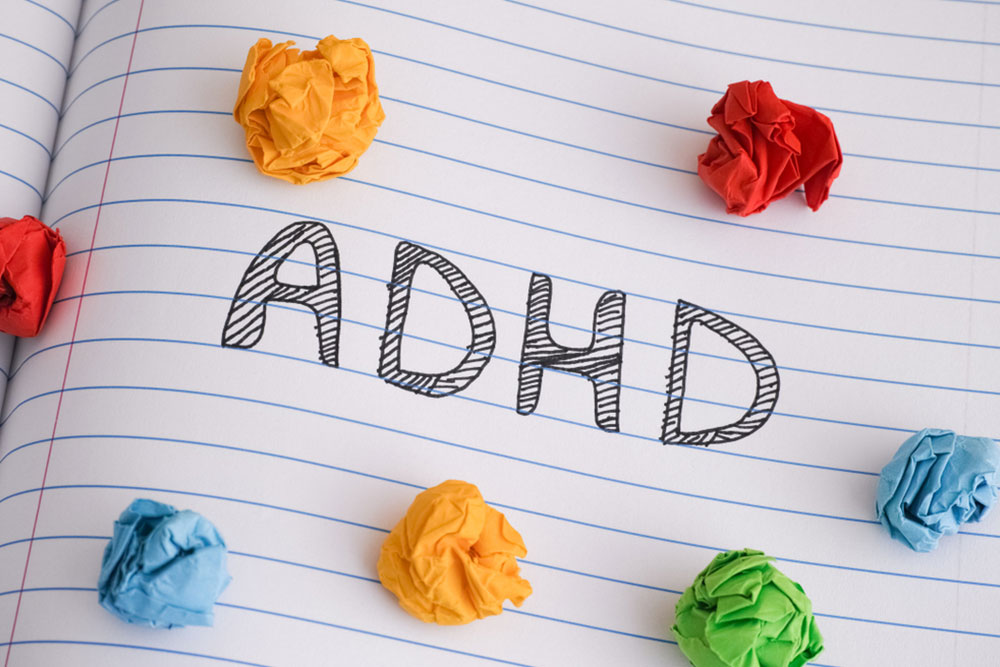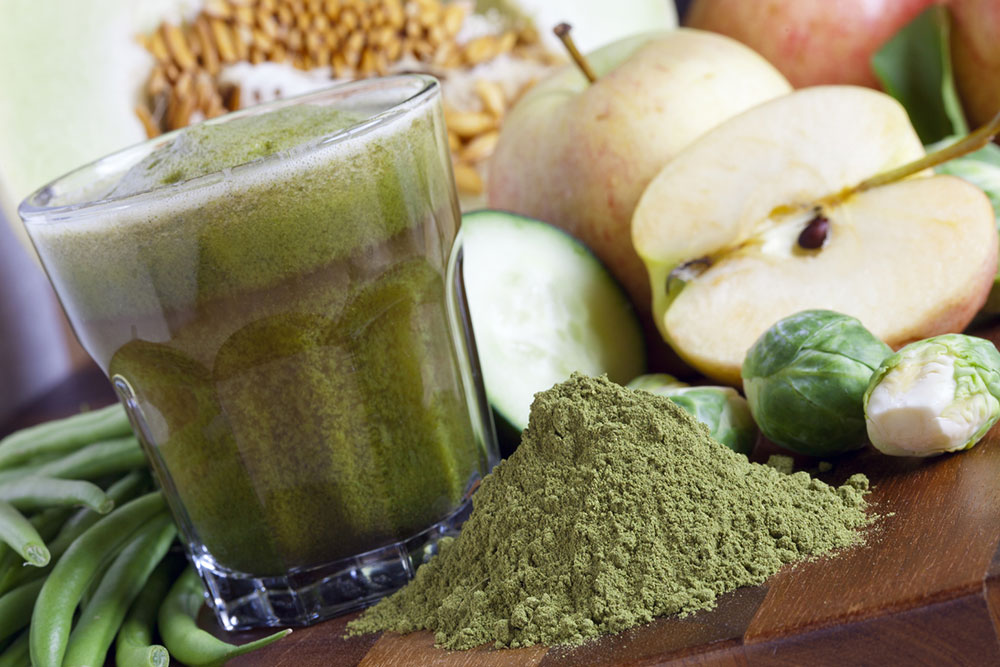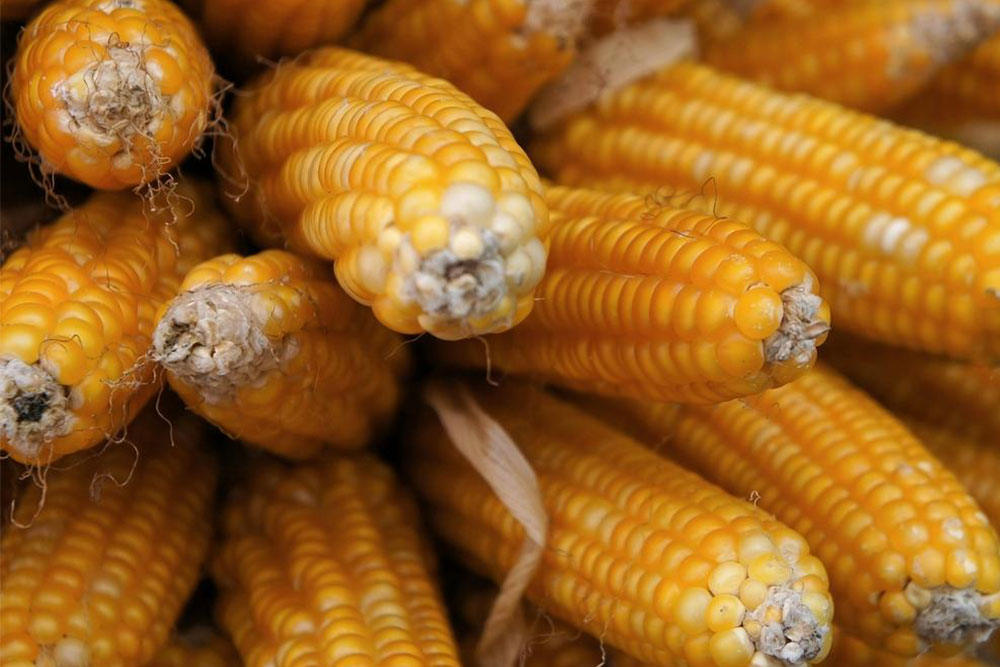Comprehensive Dietary Strategies to Manage ADHD Symptoms Effectively
This comprehensive guide explores how nutritional strategies can assist in managing ADHD symptoms. It details foods to include, such as proteins, vegetables, and omega-3 fats, and highlights foods to avoid like high-sugar, artificial additives, and certain allergens. Adopting these dietary changes can improve focus, reduce hyperactivity, and enhance overall well-being for individuals with ADHD, making nutrition an essential part of comprehensive ADHD management.

Optimizing ADHD Management through Nutrition: Essential Foods to Incorporate and Avoid
Attention Deficit Hyperactivity Disorder (ADHD) is a complex neurological condition that affects a significant portion of the population, particularly children. According to recent statistics, approximately 11% of children in the United States are diagnosed with ADHD. While the root causes of ADHD are multifactorial, emerging research highlights the influential role of diet in modulating symptoms such as inattention, hyperactivity, and impulsivity. Although diet alone isn’t a standalone cure, implementing targeted nutritional strategies can significantly alleviate some of the challenges faced by individuals with ADHD.
Many parents, caregivers, and individuals are increasingly turning toward dietary modifications as a complementary approach to traditional treatments. Understanding which foods support brain health and which ones may exacerbate symptoms is crucial. Proper nutrition can bolster cognitive functions, enhance mood stability, and improve overall quality of life for those affected by ADHD. This article aims to provide an in-depth look into dietary guidelines, specific foods to embrace, and those to limit or avoid for better management of ADHD symptoms.
Emphasize Protein-Rich Foods: Consuming ample amounts of proteins such as lean meats, eggs, fish, poultry, soy products, nuts, and dairy provides essential amino acids crucial for neurotransmitter synthesis and brain signaling. Neurotransmitters like dopamine and serotonin play vital roles in attention and mood regulation, making protein intake vital for those with ADHD.
Incorporate Vegetables and Complex Carbohydrates: Fresh vegetables, fruits, and whole grains are rich in fiber and complex carbs that help in stabilizing blood sugar levels. Stable blood glucose levels are associated with reduced hyperactivity, better focus, and calmer behavior in individuals with ADHD.
Focus on Critical Vitamins and Minerals: Adequate consumption of minerals such as zinc, iron, and magnesium supports cognitive processes and behavior regulation. These nutrients can be obtained from sources like fortified cereals, seafood, poultry, and lean meats. Additionally, B-vitamins, particularly B6, B12, and folate, are instrumental in brain function and mood stability.
Research highlights that zinc plays a key role in regulating dopamine, a neurotransmitter associated with motivation and reward pathways. Iron deficiency has been linked with more severe ADHD symptoms, as it is vital for dopamine synthesis. Magnesium supports neurotransmitter formation and reduces hyperactivity by calming neural activity. Incorporating omega-3 fatty acids, prominent in fatty fish like salmon, sardines, and mackerel, has been shown to potentially reduce ADHD severity by nearly 50%. These fats improve neural membrane fluidity and cognitive function. Additionally, herbal supplements such as ginkgo biloba, ginseng, and pine bark extract (Pycnogenol) are being explored for their cognitive-enhancing properties, offering potential benefits without significant side effects.
Foods to Limit or Avoid to Manage ADHD Symptoms
High-sugar foods and Beverages: Excessive sugar consumption can lead to increased hyperactivity, restlessness, and mood swings. It is advisable to limit sugary drinks like sodas, candy, desserts, and refined snacks, especially in children with ADHD, to help maintain stable energy levels and reduce behavioral issues.
Artificial Colorings, Dyes, and Preservatives: Many artificial additives, including synthetic dyes like Red 40, Yellow 5, and preservatives such as sodium benzoate, have been linked to adverse behavioral reactions in sensitive individuals. Eliminating these from the diet may improve focus and reduce impulsivity.
Allergen-Triggering Foods: For some individuals, certain common allergens—such as wheat, soy, corn, and gluten—may exacerbate hyperactivity and impair concentration. An elimination diet supervised by a healthcare professional can help identify and minimize these triggers, leading to improved behavioral outcomes.
In summary, dietary management of ADHD involves focusing on nutrient-dense foods that support brain health while avoiding known triggers that could intensify symptoms. Creating a personalized nutrition plan, possibly in consultation with healthcare professionals or dietitians, can lead to meaningful improvements in attention, impulse control, and overall well-being. Incorporating these dietary strategies alongside conventional therapies can provide a comprehensive approach to managing ADHD effectively over the long term.





